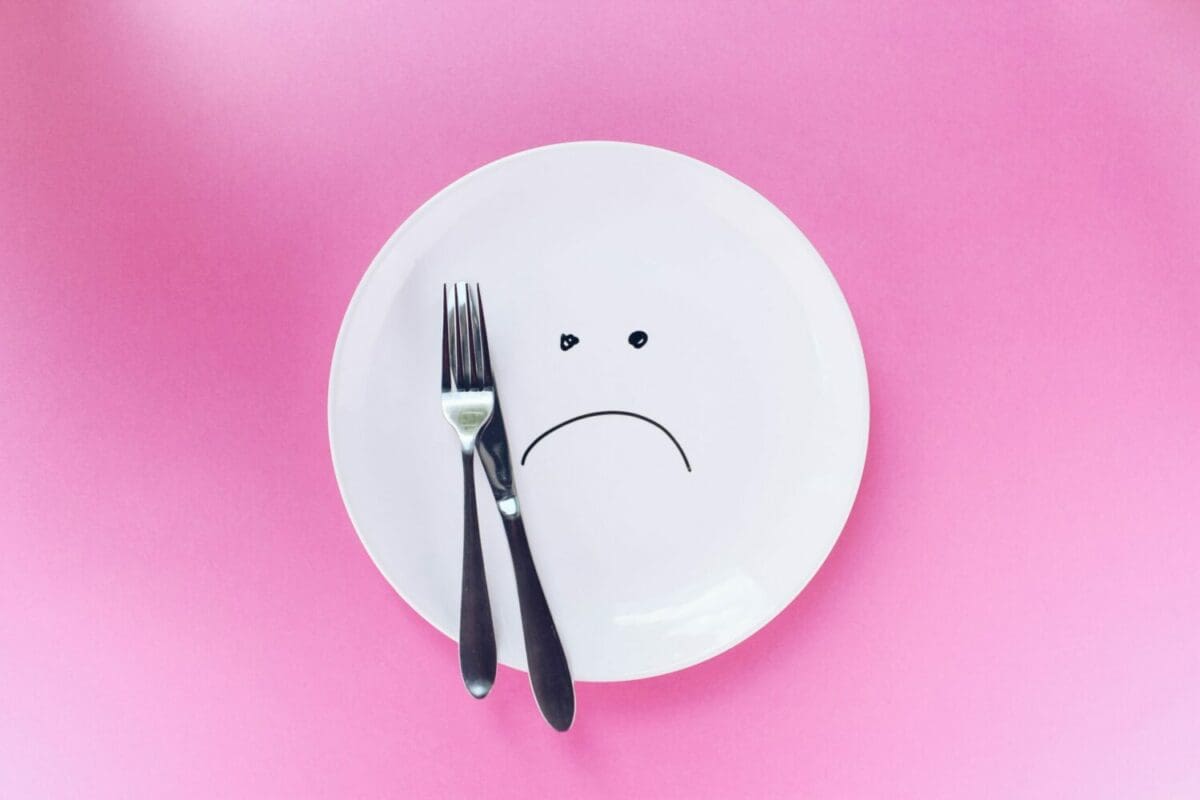
The Hunger-Depression Cycle
September 22, 2021 in Educate Yourself
We all feel some kind of way about food. You may have heard the phrase that some live to eat, while others eat to live. While it’s a necessity, some find pleasure in eating, or at the very least, taking photos of food that looks nice to post on social media.
Regardless about how you feel about food as a whole, how much and if you even eat can have an effect on our mood. You’ve probably already noticed this when you’re “hangry,” feeling extremely cranky when you haven’t eaten.
The way our bodies react and how much we think we need food can also be affected by depression. If you’re experiencing a depressive episode, you may find yourself unwilling or unmotivated to eat, even feeling like you’re not hungry despite not having eaten for an extended period of time. Even if there’s food in front of you, you may just simply not feel hungry, even if your body itself needs sustenance, and may only take a couple of bites at most before feeling too full.
A loss of appetite is usually associated as being one of the symptoms of depression. There isn’t much research as to why this is the case, but items like guilt and a lack of energy may be two explanations why. Depression may make you feel unmotivated and exhausted for no reason, and this lack of energy makes the simplest tasks feel impossible. One of those simple tasks can include eating. That hangry feeling you may have experienced before, though? Even if you don’t feel hungry, your body will start catching up when it realizes that it hasn’t had any food for a while and can result in you feeling cranky and grumpy. One study noticed that people’s moods drop when they experience hypoglycemia (or low blood sugar from a lack of glucose, the body’s main energy source), and the longer they experience that by continuing to not eat, they may be at risk for developing depression-like behaviors.
Poor eating habits and poor moods can feed off each other and become a cycle. If you aren’t eating because of a loss of appetite, your mood will get worse, which can lead you to not wanting to eat, and so on.
Guilt can also play a factor in all of this too. If you miss a meal, you may feel bad that you couldn’t do one easy task like eating, and may ask yourself what the point is in trying to play catch up? This can contribute to that poor mood-poor eating cycle.
All of this gets more complex when taking eating disorders into account. Eating disorders are another type of mental illness, and like most mental illnesses, they don’t exist alone. Those coping with eating disorders often have other mental illnesses, including depression. Navigating and coping with eating disorders can conflict with the effects on appetite with depression, which can contribute to more guilt and a more toxic cycle between hunger and mood.
During these sorts of situations, eating may be one of the last things you want to do. However, having food in your body – even if your brain is tricking you that you aren’t hungry when you haven’t eaten in a long time – is vital. Doing small things like keeping a granola bar or other snacks by you can help when you can’t bring yourself to get up, or if you’re able to, meal-prepping gives you the opportunity to organize and plan a routine, giving you something to not only look forward to, but makes food available to easily have on hand. At the very least, staying hydrated and keeping a water bottle with you can make the biggest difference too.
Have you ever been hangry? How is your appetite affected when you’re stressed or depressed? Do you have any advice about what to do if you don’t feel hungry but know you have to eat?











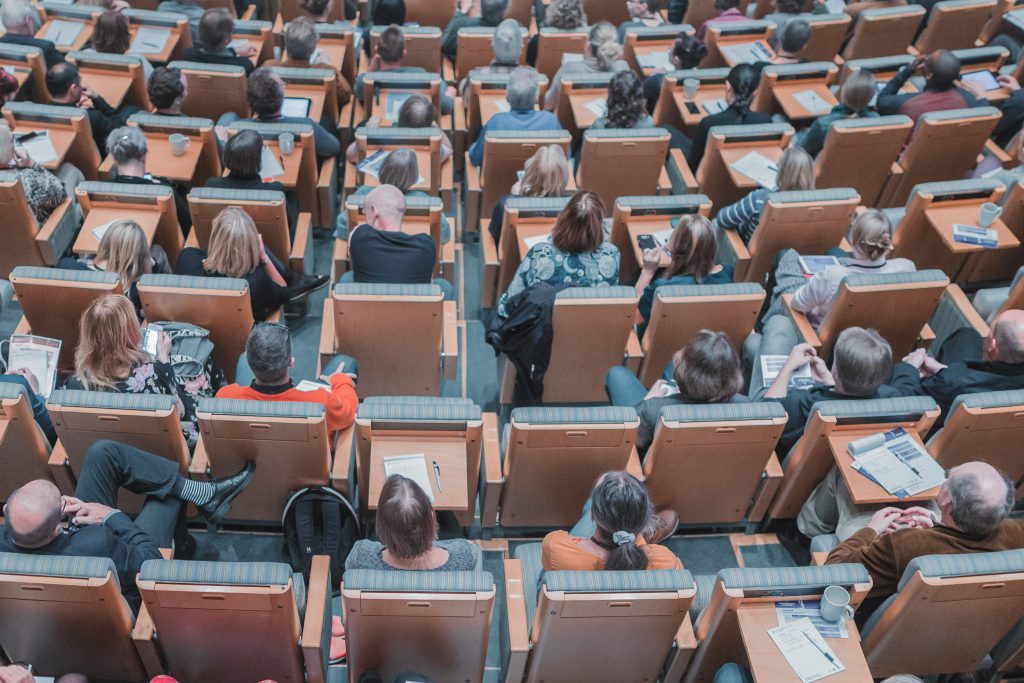
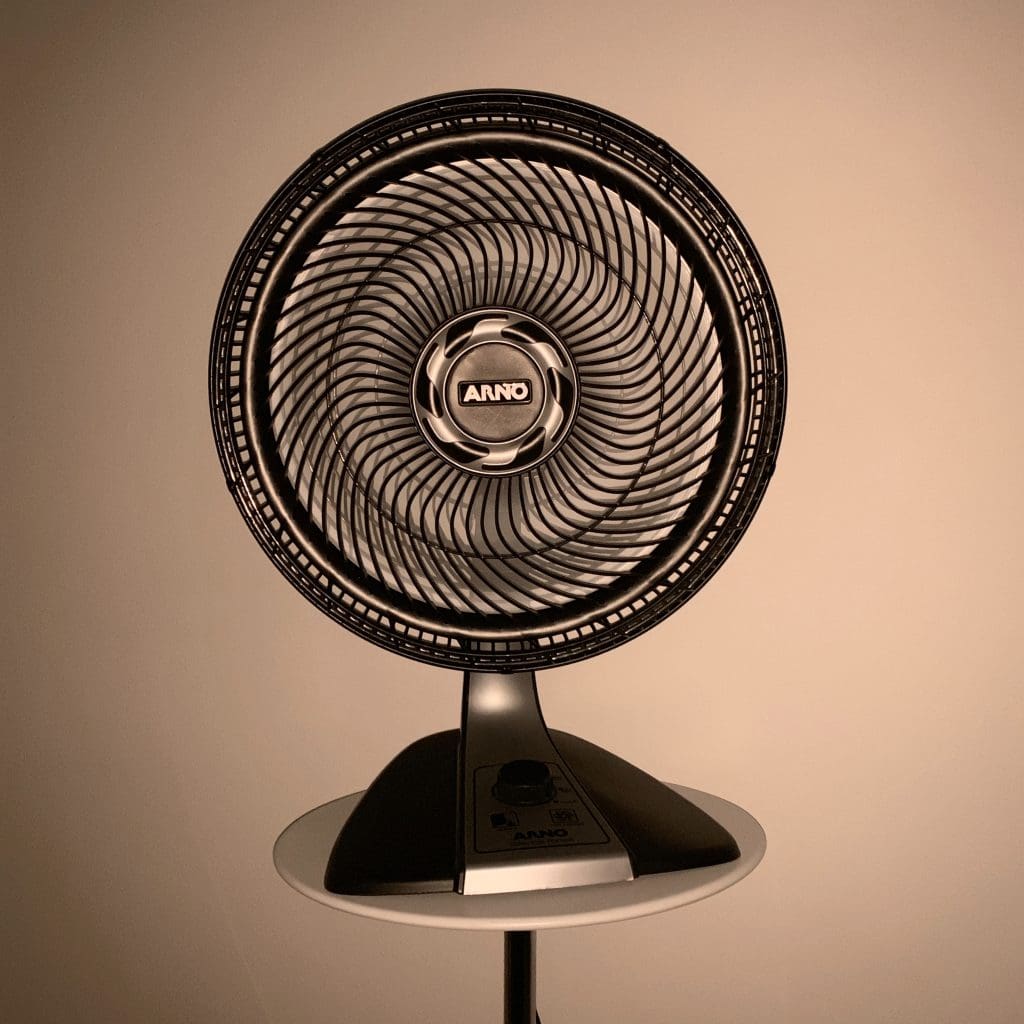


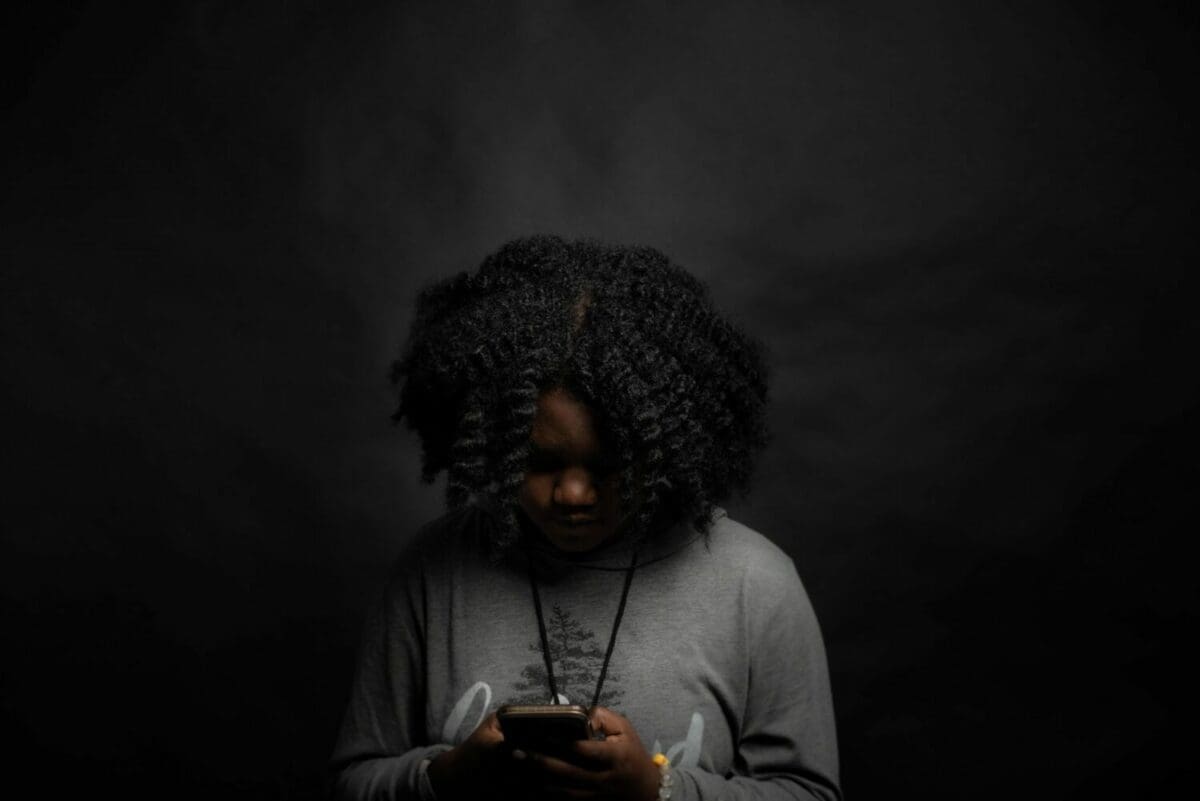
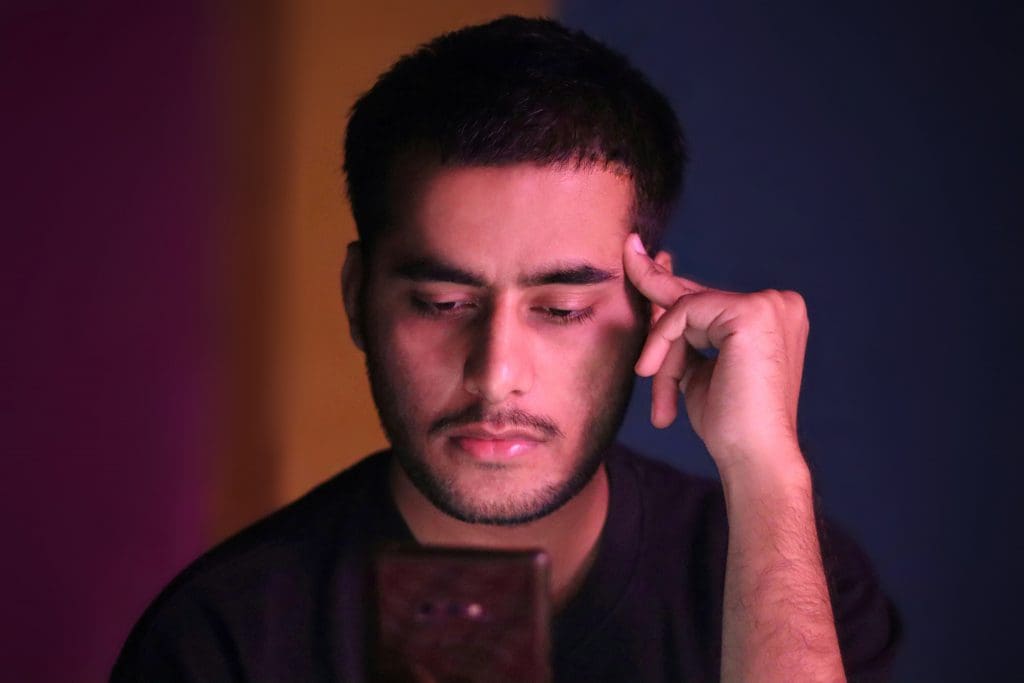
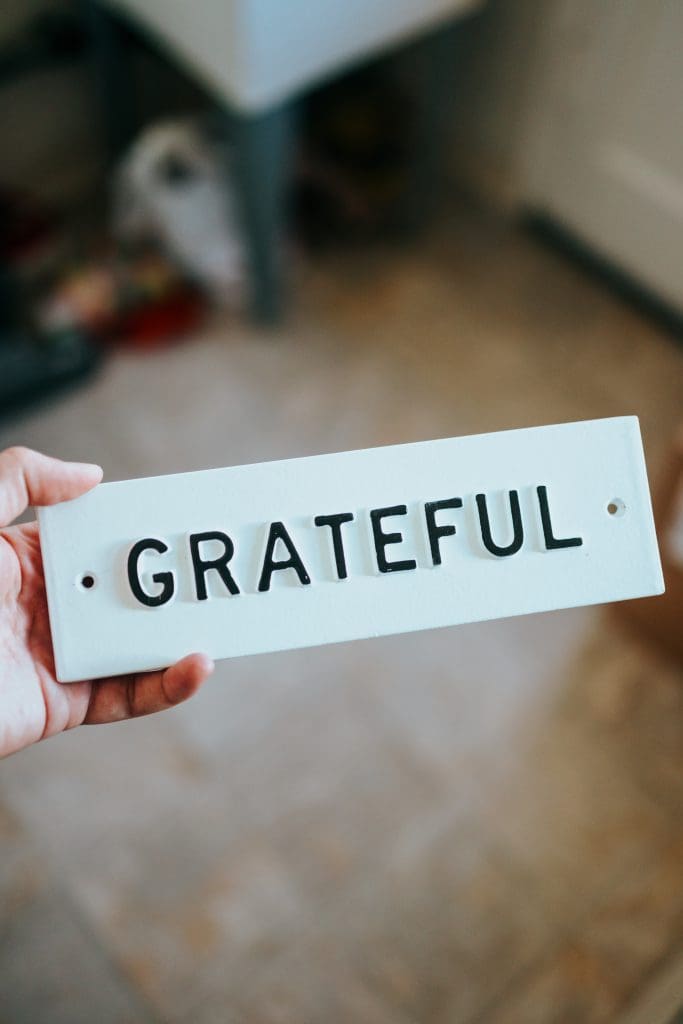
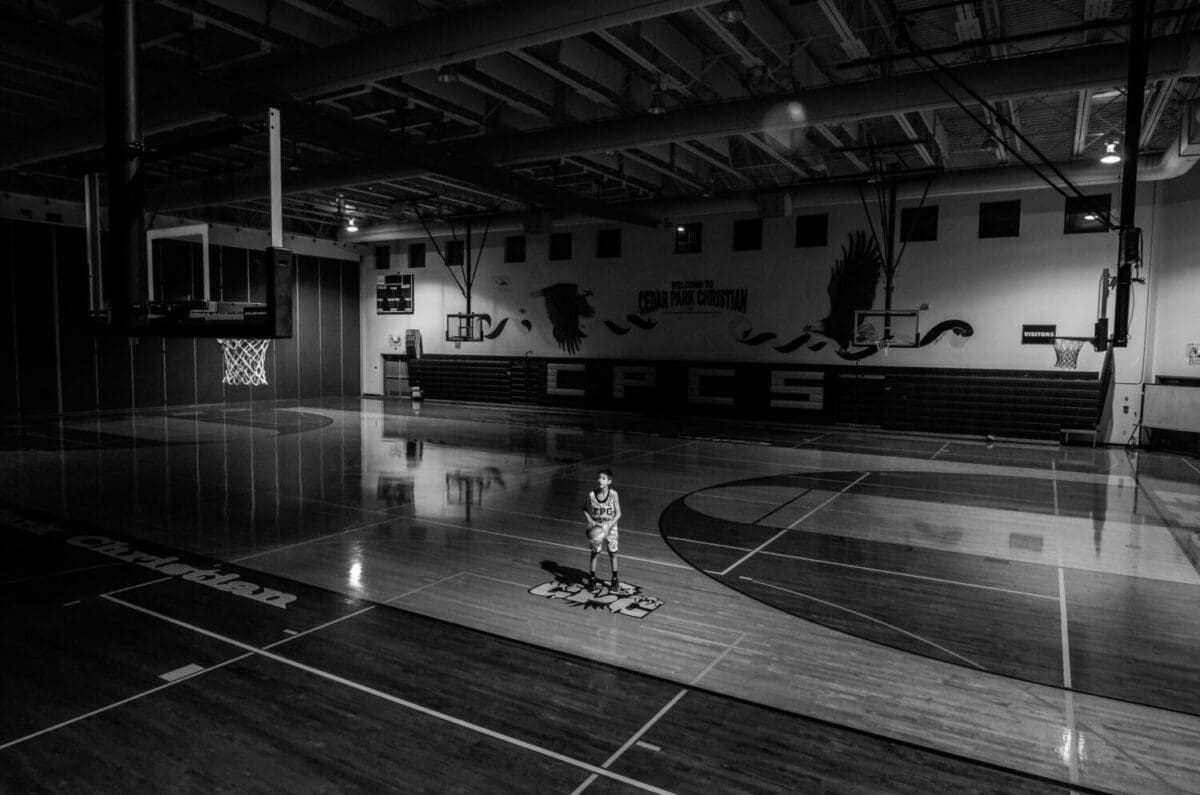







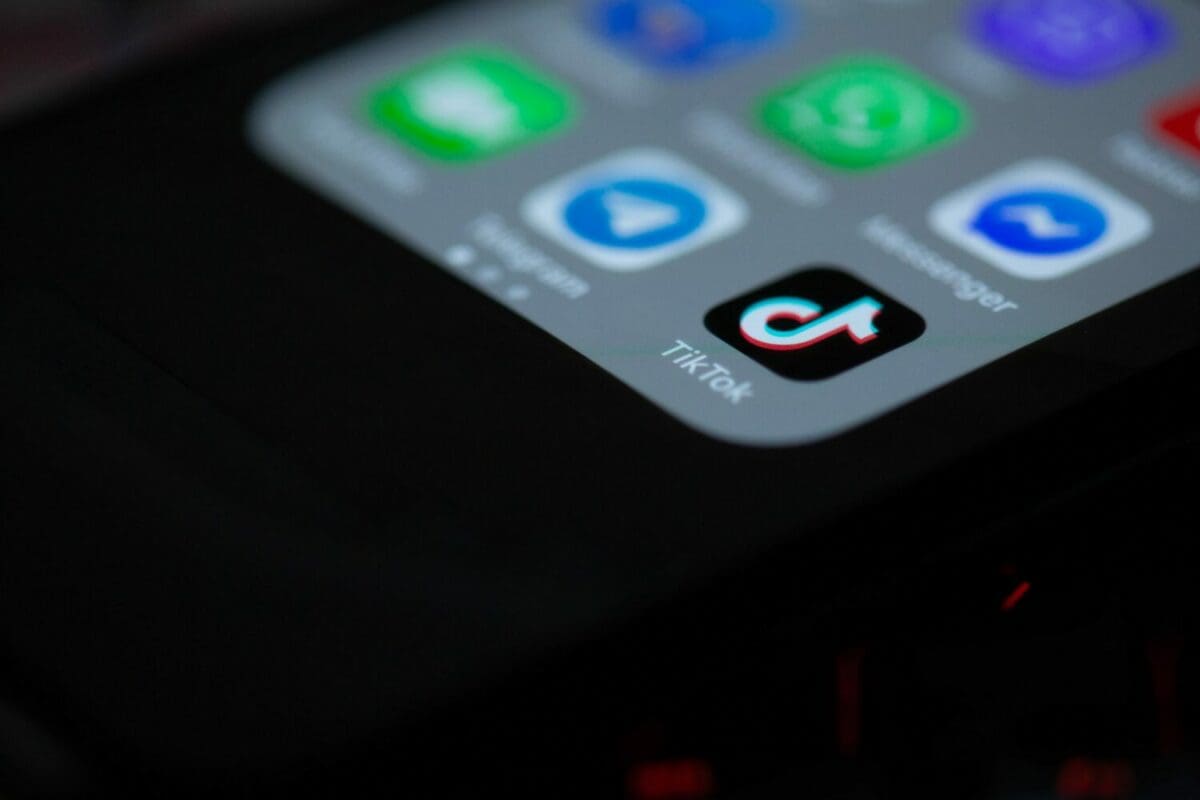
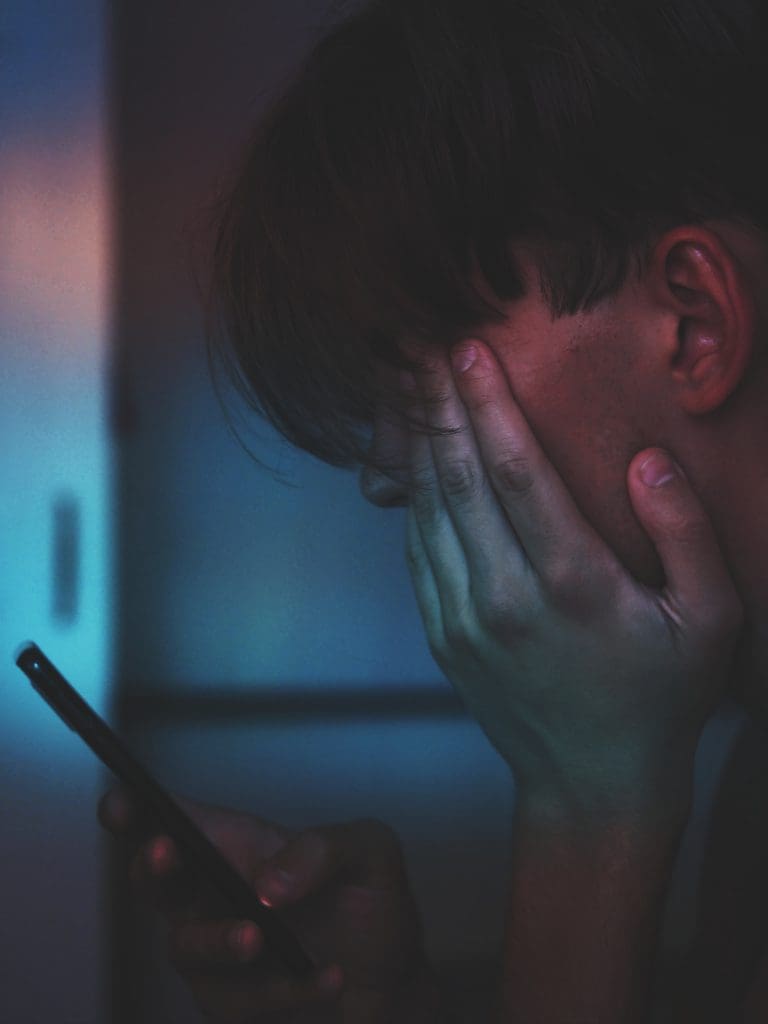



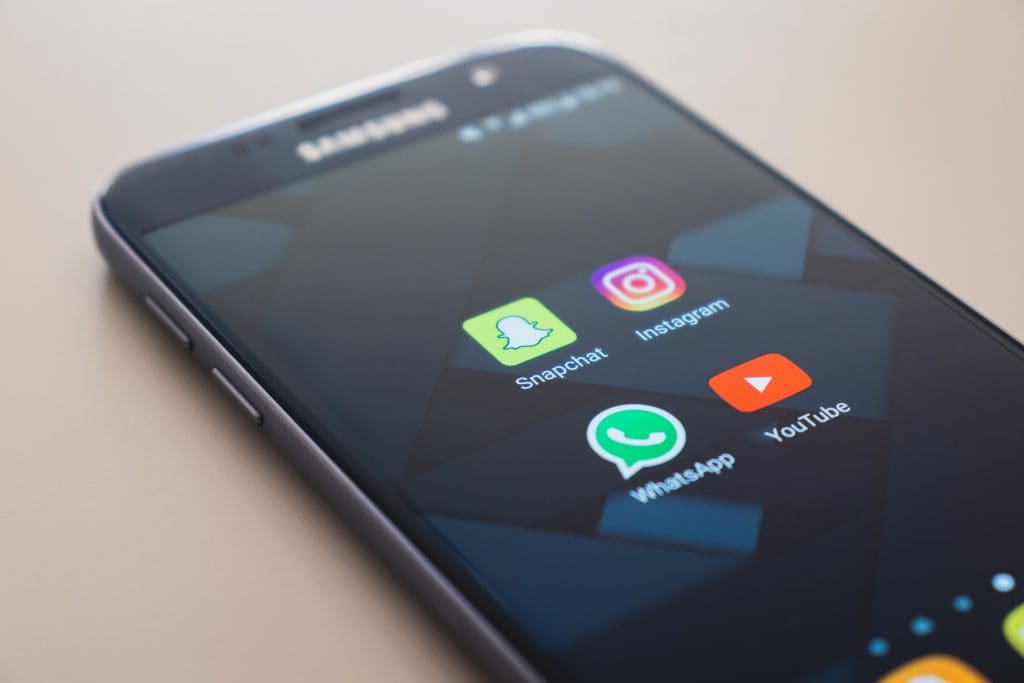
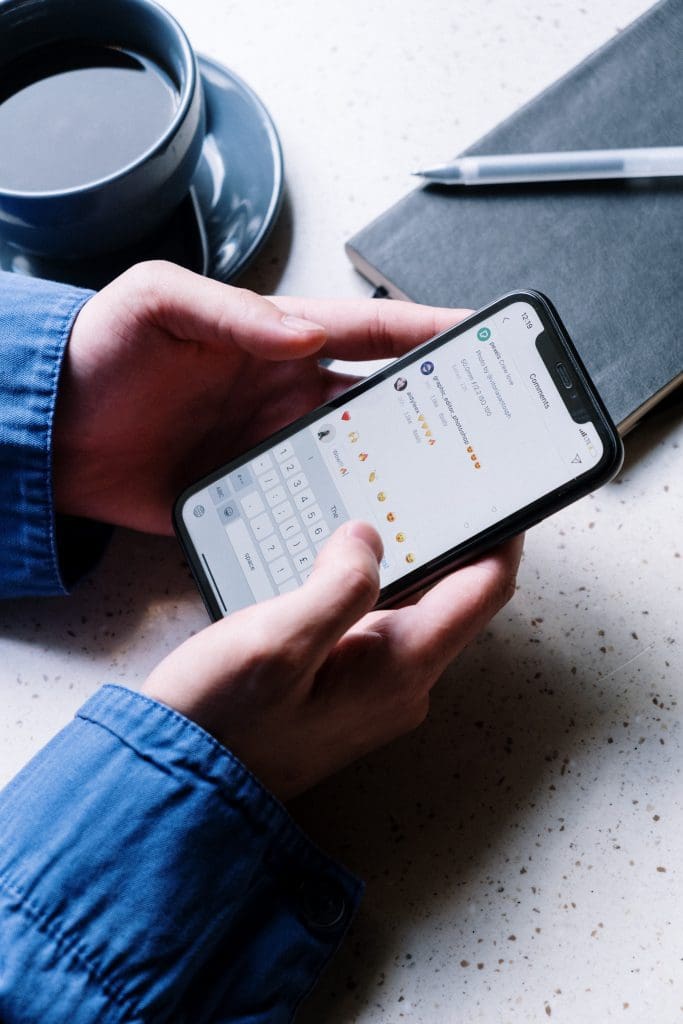
Recent Comments